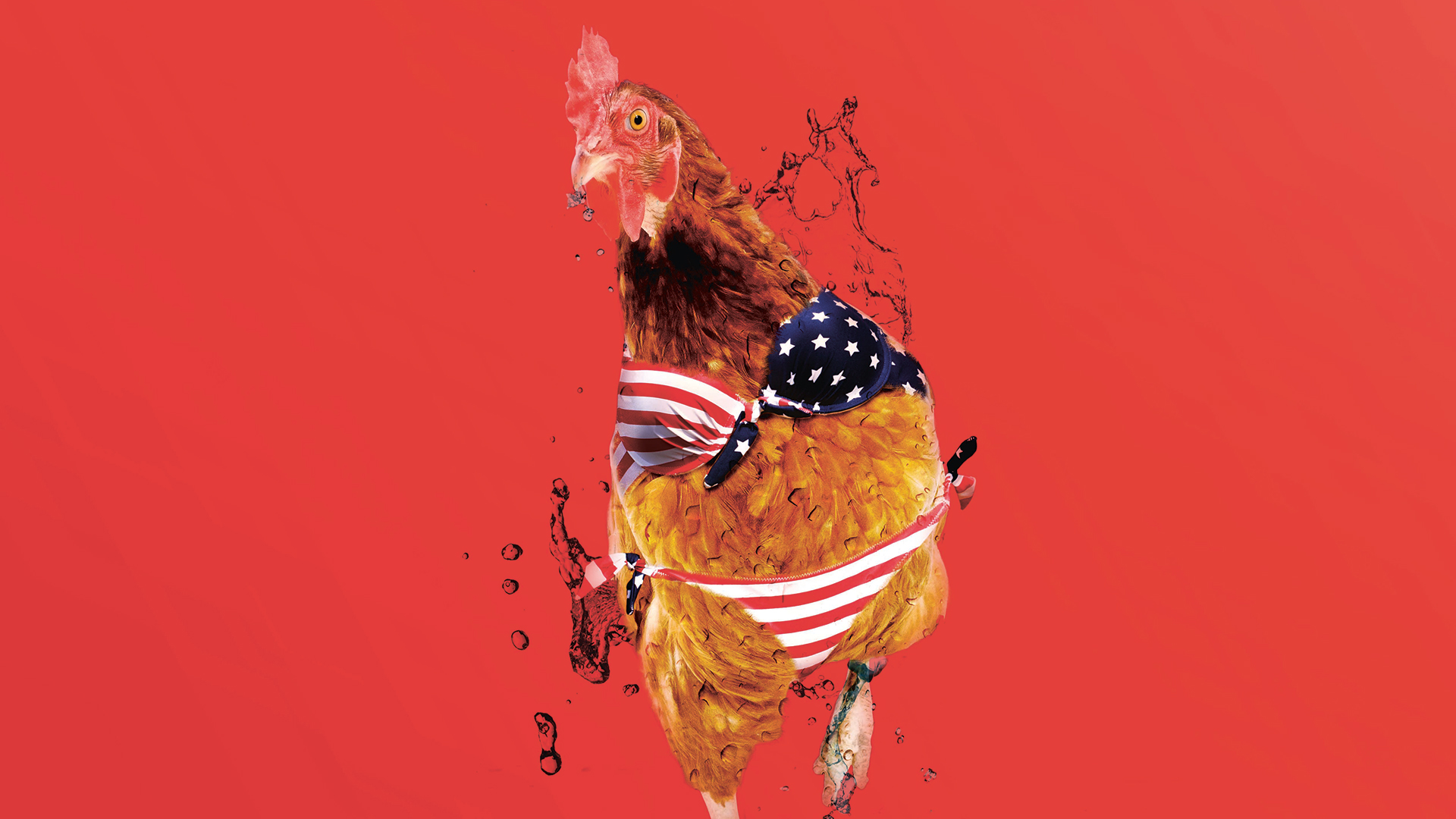Does the idea of chowing down on chicken that’s been blasted with chlorine dioxide sound appetising? Americans have been served up chlorine-washed poultry for decades and as we flap ourselves towards Brexit, chlorinated US chicken may well end up on British plates in the near future.
International Trade Secretary Liam Fox said earlier in May that the UK could import US chicken in a post-Brexit deal, with US trade officials asking for British food standards to be relaxed to allow for the import of American poultry after we leave the EU.
We are tying ourselves in knots about chlorine, but that isn’t really the issue. The problem is that chlorine is part a processing method that makes up for poorer welfare standards on poultry farms that have sacrificed hygiene for increased production. And so chicken is washed with chlorine and other chemicals to kill off harmful microorganisms, such as salmonella, that may be present on carcasses.
“In the US, the hygiene standards during rearing and slaughtering [are] not as rigid as in the UK/EU, therefore, by incorporating a disinfection spray wash, it is designed to remove pathogenic bacteria,” says Simon Dawson, senior lecturer in food science and technology at Cardiff Metropolitan University.
“In the UK and EU we have worked tirelessly to improve hygiene and welfare standards of poultry through the food supply chain. It was felt that if we have to incorporate this final chemical decontamination step then all our other standards would slip.”
For example, in the UK the maximum amount of time live birds can be transported for is 12 hours. In the US, it’s 28 hours. Cramped, hot, and maltreated, the chickens become susceptible to infection.









